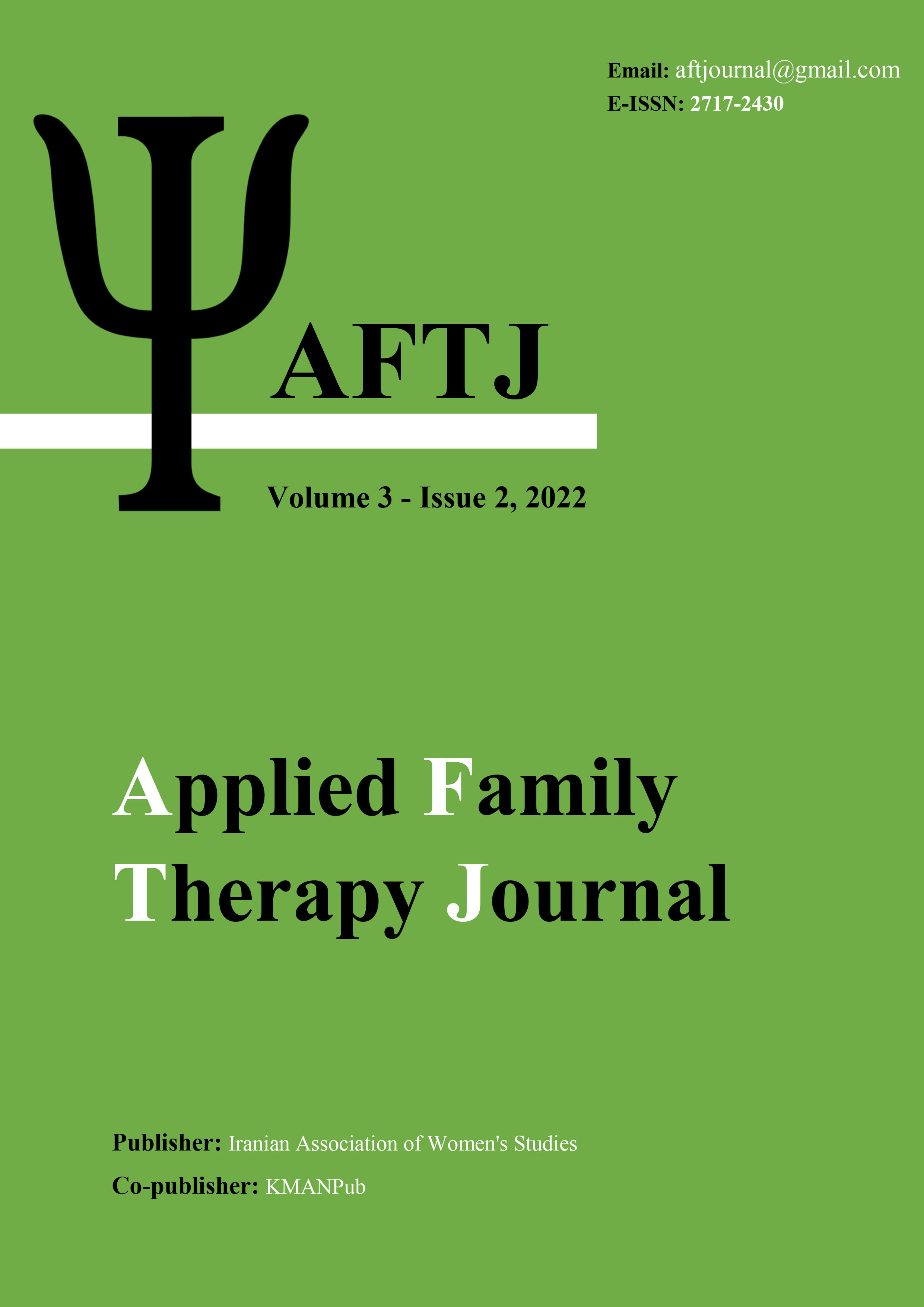Predicting marital burnout based on sexual intimacy and mediation of sexual self-concept in married students
Keywords:
marital burnout, sexual intimacy, sexual self-conceptAbstract
Aim: The aim of this study we predicted marital burnout based on sexual intimacy and sexual self-concept mediation in married student. Methods: The research method is cross-sectional correlation. The statistical population of this study consisted of married students of the Islamic Azad University in 2021, of which 210 answered online to the questionnaires of sexual intimacy (Batlani et al., 2010), sexual self-concept (Snell, 1998) and marital burnout (Pines, 1996). Pearson correlation coefficient (using SPSS software) and path analysis (using LISREL statistical software) were used to investigate the variables of the marital burnout prediction model. Results: The results showed that positive sexual self-concept was not related to marital burnout and only negative self-concept was positively related to marital burnout. Sexual intimacy was directly and negatively related to marital burnout. Negative sexual self-concept also mediates between sexual intimacy and marital burnout (P <0.05). Conclusion: The results of this study indicated that in particular, sexual intimacy and sexual self-concept played a significant role in how marital burnout, so it is more important to pay attention to these factors for any action and planning in the field of marital burnout.
Downloads
Downloads
Published
Issue
Section
License

This work is licensed under a Creative Commons Attribution-NonCommercial 4.0 International License.





















